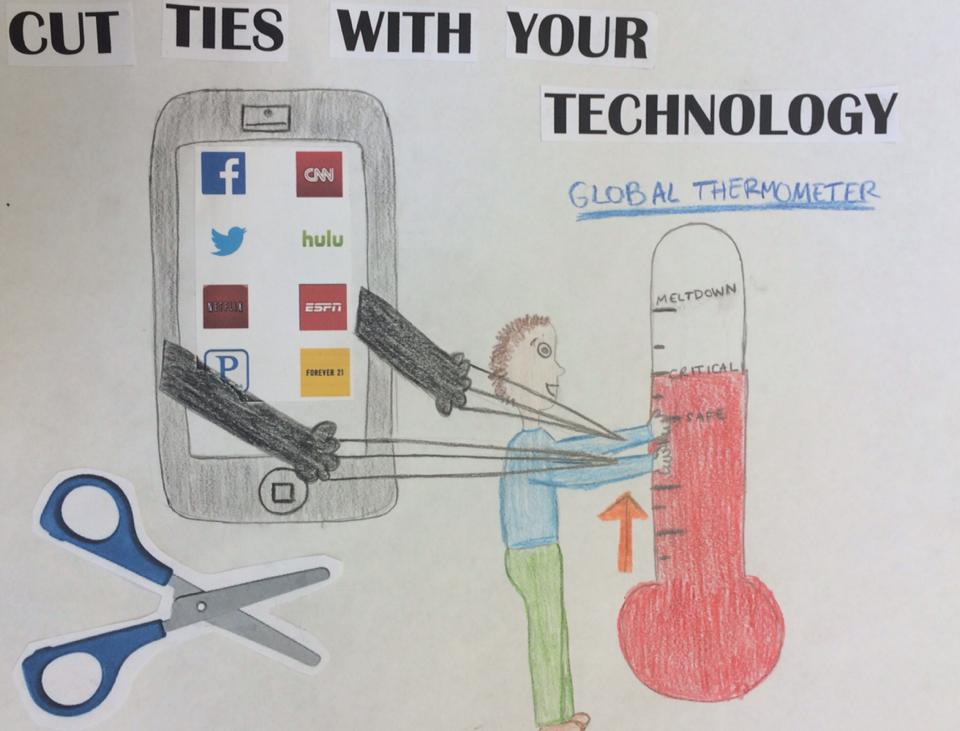
- Read Media Literacy Questions and copy in summary form that will help to commit them to memory.
- Lil Dicky. Earth. April 19, 2019
- “Dream” (feat. Natalie Bergman, Ryan Merchant, Keenan O’Meara & Tal Altman), Oct 13, 2016.
- Climate Change: Why are thousands of species facing extinction? BBC News. Jun 17, 2019
- Op-ed video: Greta Thunberg Has Given Up on Politicians. New York Times, October 27, 2021.
- Andy Greene. Lil Dicky Enlists Bieber, Ariana, Halsey, Shawn Mendes for All-Star ‘Earth’ Video. Rolling Stone, April 19, 2019.
- Hershal Pandya. Lil Dicky’s “Earth” Is Impressive in Scale, but Awful in Execution. DJBooth, Apr 19, 2019
- Katie Sims. Lil Dicky’s ‘Earth’ Misses the Point. The Cornell Daily Sun. April 30, 2019.
- Richard Smith. Sleepwalking To Extinction. Excerpt from “Capitalism and the destruction of life on Earth,” Adbusters, November/December 2013.
Reading questions – WRITTEN RESPONSES REQUIRED — 1-2 pages. Post to rolling Google doc with date, assignment title; send link. Single-spaced & typed in Times New Roman or Arial (size 12 font), 1-inch margins. Insert horizontal line between assignments. Remember to proofread.
- In analyzing media texts, the media literacy questions ask you to consider “who tells the story” in terms of point-of-view/ideology, and whether the “story not told” addresses root causes and root solutions. Marxists argue that those who control the material base, the means of production, have inordinate influence in shaping ideology. What are some of the differences in perspectives (POV), the story that gets told regarding climate crisis, root causes, root solutions, and strategies for change? Be specific in offering examples of different points-of-view, including noting who tells the story and why.
2. What are varied roles by played the the entertainment industries in climate crisis? Here’s some possible prompts: What’s the role of performer-entrepreneurs like Lil Dicky? The music industry of which he is a part? What about other sectors of the entertainment industries, e.g. device, telecom, fast food, what else? What about audiences?
3. What are your general thoughts and feelings on this situation? Here’s some additional prompts to which you might respond: In what ways, if any, are these issues part of your daily media diet? How do you respond? From what you know of climate crisis and the discourses that circulate, what is your sense of how to address this crisis on systemic levels? In what ways, if any, are you involved in efforts to change this situation?

Natalie Hebenstreit, Sp14